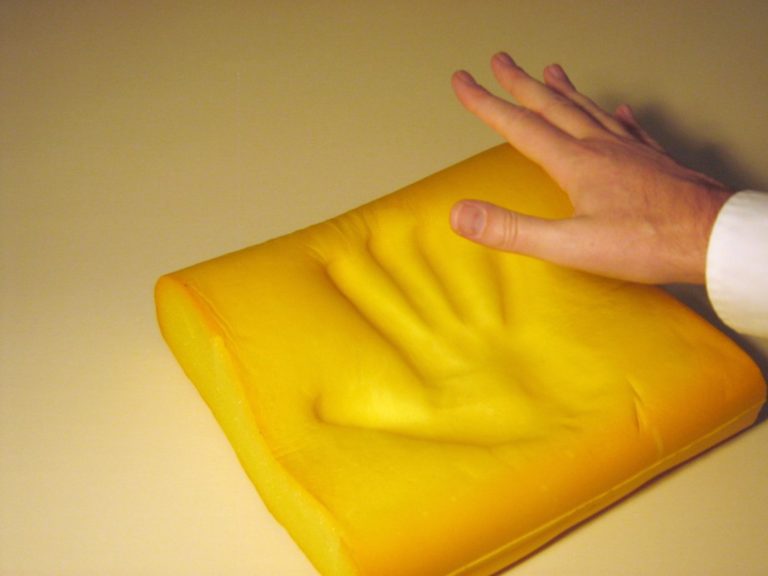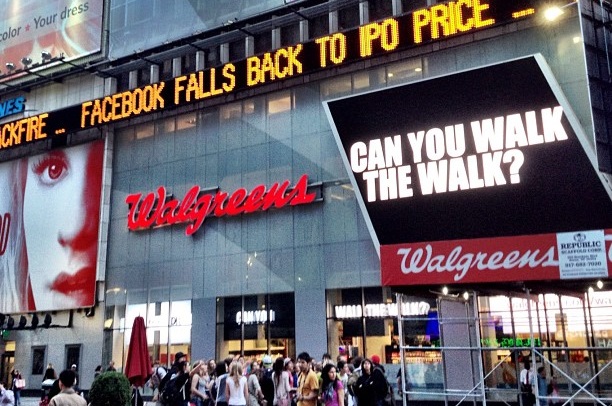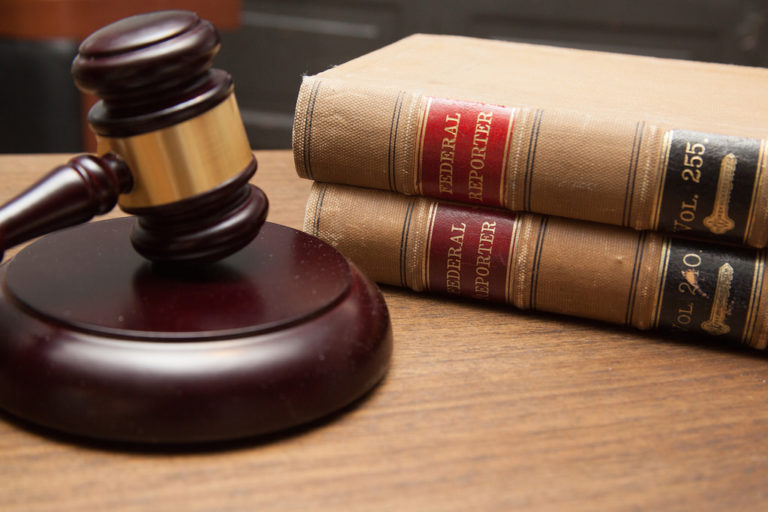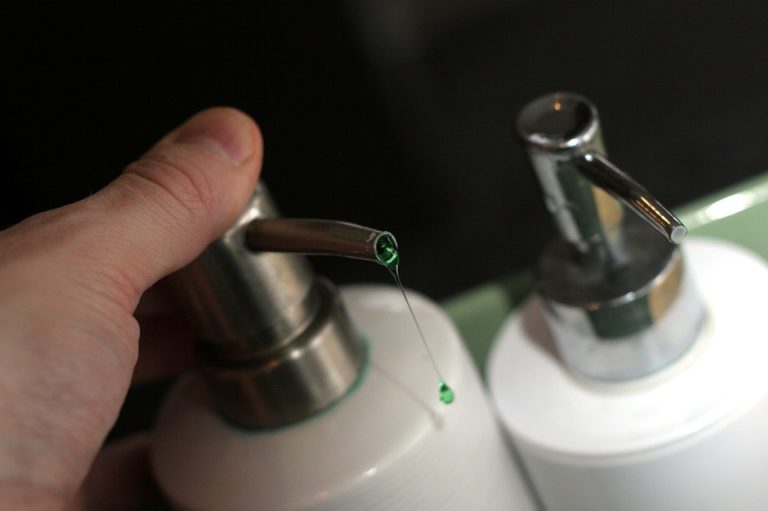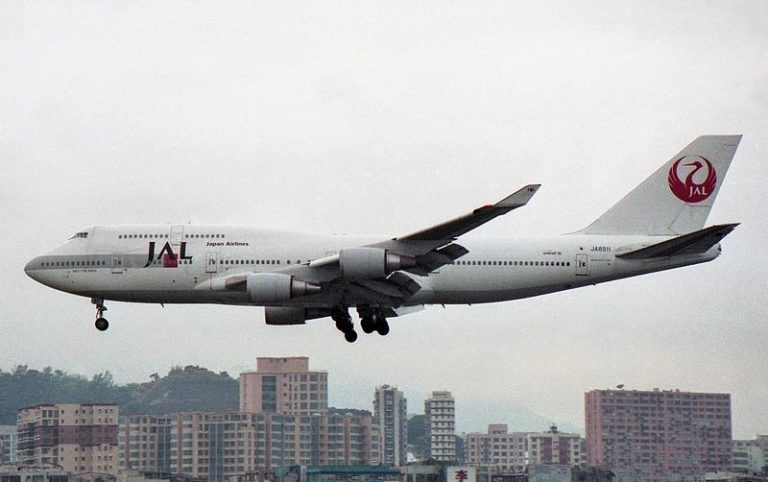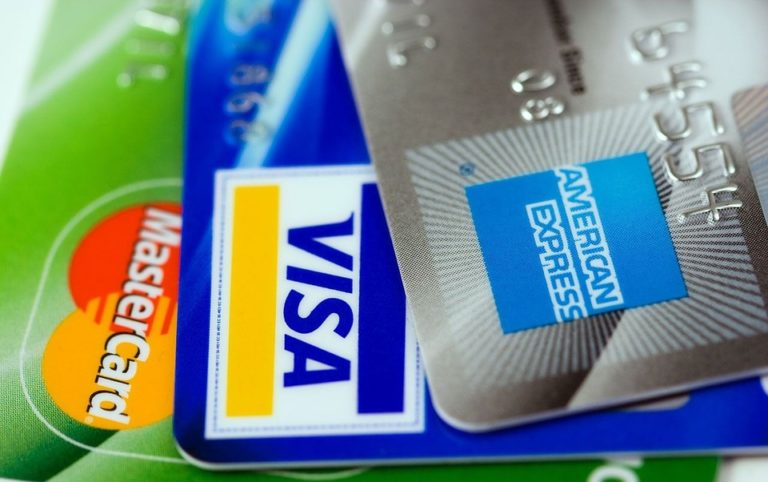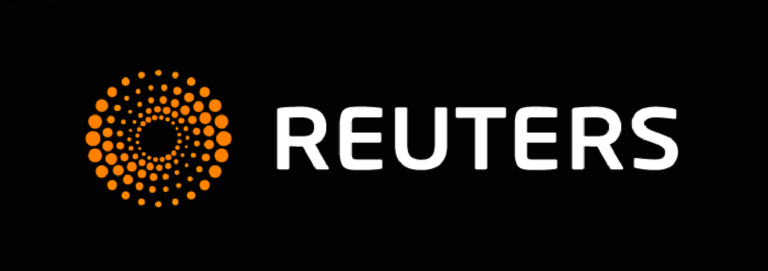Polyurethane Foam Antitrust Litigation
Class counsel sought 30% in fees -- over $45 million -- from the $150 million mega-fund and justifies the request with a lodestar that is both inadequately supported and based on numerous forms of over-billing. The district court reduced the excessive fee request by $9 million.

